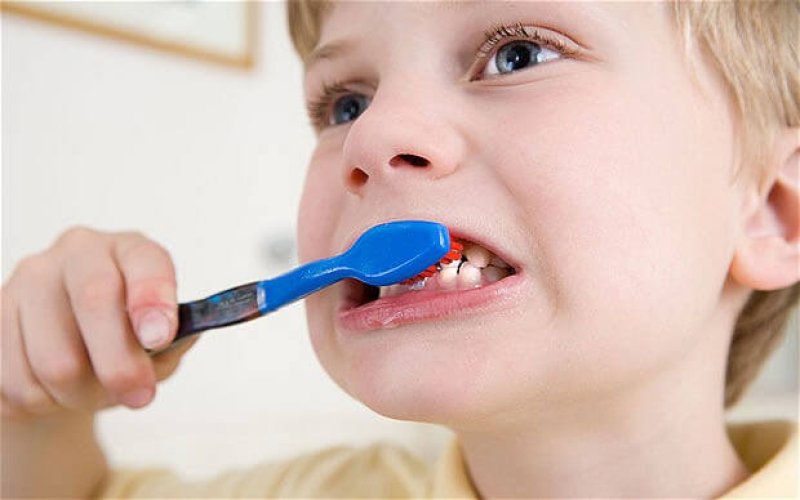I’ve written in the past regarding some of the seminal hypotheses of how the microbiome influences our health, behavior, and development. New supportive research backs this clock up just about as far as it can go – to the development of the embryo and placenta. Science Translational Medicine details a cross-referencing study that was performed in which the genetic profiles of placental microbiome cells were compared with genetic profiles of cells from non-pregnant women to identify the source of placental, preterm, and term infants’ microbiota. What they found was quite interesting.
Keep brushing
One of the most surprising findings is that oral bacteria DNA signatures from the mother most closely match the placental samples in the 320 infants tested – not from the alimentary canal or vagina as has long been assumed. This is also interesting empirical support for a philosophical point taught in graduate-level physiology and medical school classes as a passing item of novelty: When you floss your teeth and brush, you are actually causing low-level bacteremia to yourself – introducing bacteria into your bloodstream. Clearly this is not a problem for the vast majority of healthy individuals, but it does show that this vectoring of oral bacteria does occur – and that it seems to be a principal factor in the placental microbiome.
The authors of the study note, “The metagenomic survey alone can describe the microbial communities present, but clinical context and advanced inference analyses will be required to understand the factors that affect community composition.”
The context of this quote was derived from the researchers finding differences between slightly-premature babies (34-37 weeks) and term babies in their placental microbiome. Appropriate caution from the researchers here is warranted, because the microbiome differences observed were complex, multivariate and showed only an association–not a causal link. A difference was also observed between term babies’ and preterm babies’ microbiome with respect to whether mothers had early-term urinary tract infections (UTIs). The microbiological implications here would then seem to stem more from the mothers’ use of antibiotics in these cases, rather than the simple presence of the UTI, since the antibiotics are systemic, and the urinary tract organisms don’t tend to be a hallmark group in the normal placental microbiome.
The use of genetic testing, done almost in the way of forensic DNA testing, continues to tell us things about the world around us that we were totally unaware of because there are so many factors and variables that if we just assume we know what is going on with a certain mechanism, we’d be more likely to choose incorrectly. And the genetic data are helping us to fill in the gaps in our knowledge.
Ben Locwin, PhD, MBA is a contributor to the Genetic Literacy Project and is an author of a wide variety of scientific articles for books and magazines. He is also a researcher and consultant for a variety of industries including behavioral and psychological, food and nutrition, pharmaceutical, and academic. Follow me at @BenLocwin































